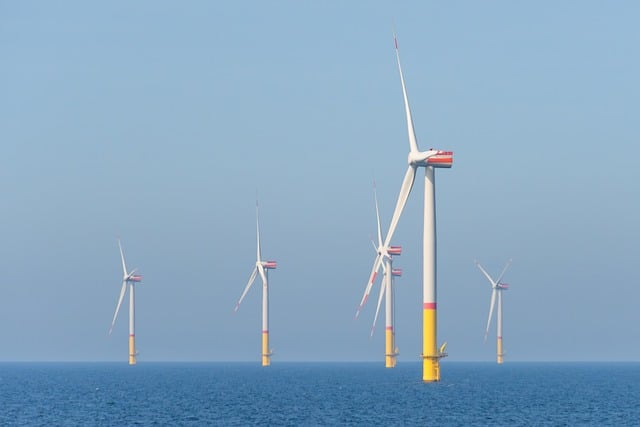In the quest for a carbon-neutral future, the spotlight often shines on various renewable energy sources, yet none hold the same potential for sustainable development as hydropower. As an energy source that harnesses the power of flowing water, hydropower not only provides a reliable means of electricity generation but also plays a critical role in reducing our ecological footprint.
The growing urgency to combat climate change has shifted our focus towards green technologies that can effectively mitigate the adverse effects of fossil fuels. Hydropower stands out among these technologies due to its capacity for large-scale electricity production with minimal emissions. Unlike traditional energy sources that pollute the environment and contribute to greenhouse gas emissions, hydropower facilities harness the kinetic energy of water to generate electricity with little to no air pollutants.
Moreover, hydropower systems can be designed to integrate seamlessly into existing ecosystems, thus supporting biodiversity rather than harming it. Advanced hydropower technologies now allow for fish-friendly turbines and reservoir management practices that promote ecological balance. These innovations highlight how hydropower can contribute not only to energy generation but also to the preservation of natural habitats, helping us maintain a low ecological footprint.
The implementation of hydropower also promotes sustainable development in both urban and rural communities. By providing a steady and affordable source of energy, hydropower projects can lead to job creation and stimulate local economies. Access to electricity enables educational opportunities, improves healthcare services, and fosters an environment where businesses can thrive sustainably. Communities that invest in hydropower are not just embracing renewable energy; they are investing in a better quality of life.
By prioritizing hydropower as part of a comprehensive policy framework focusing on renewable energy, we can expedite our transition towards a carbon-neutral society. Governments and organizations worldwide are recognizing this potential; they are increasingly investing in new hydropower projects and upgrades to existing facilities to enhance efficiency and sustainability. Such efforts signify a collective commitment to addressing climate change while promoting green technologies that offer long-term solutions.
As we navigate the complexities of global energy demands, the narrative around hydropower continues to evolve. It encompasses not just energy production but encompasses wider issues of sustainability and social equity. The success stories emerging from various countries that have leveraged hydropower serve as powerful examples that demonstrate how we can work towards common global goals.
In essence, the role of hydropower in achieving a carbon-neutral future cannot be overstated. It embodies the principles of sustainable development, reduces ecological impact, and promotes the uptake of green technologies. As we collectively strive towards a healthier planet for future generations, embracing hydropower stands as a beacon of hope, illuminating the path to a more sustainable and resilient world.




